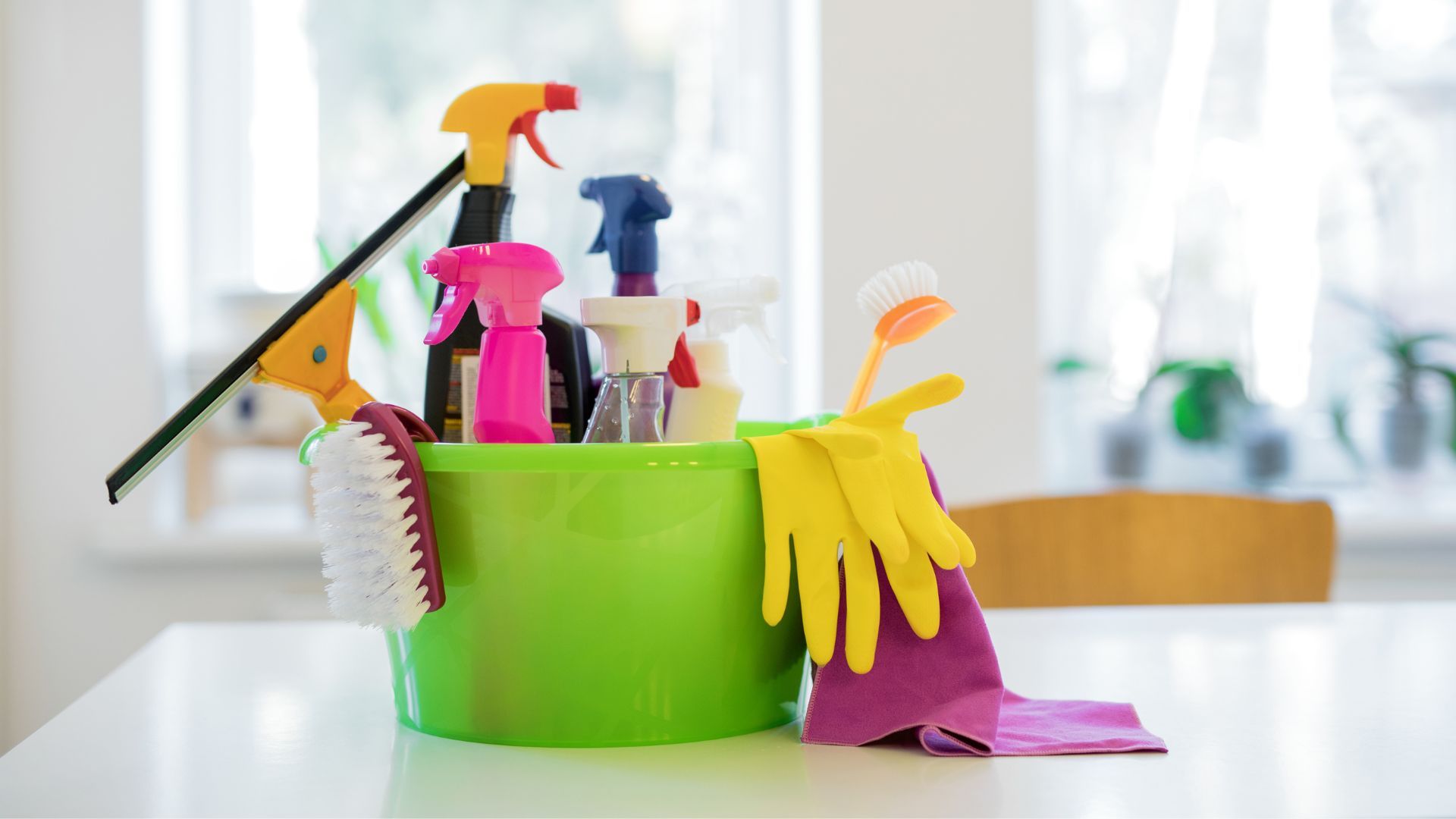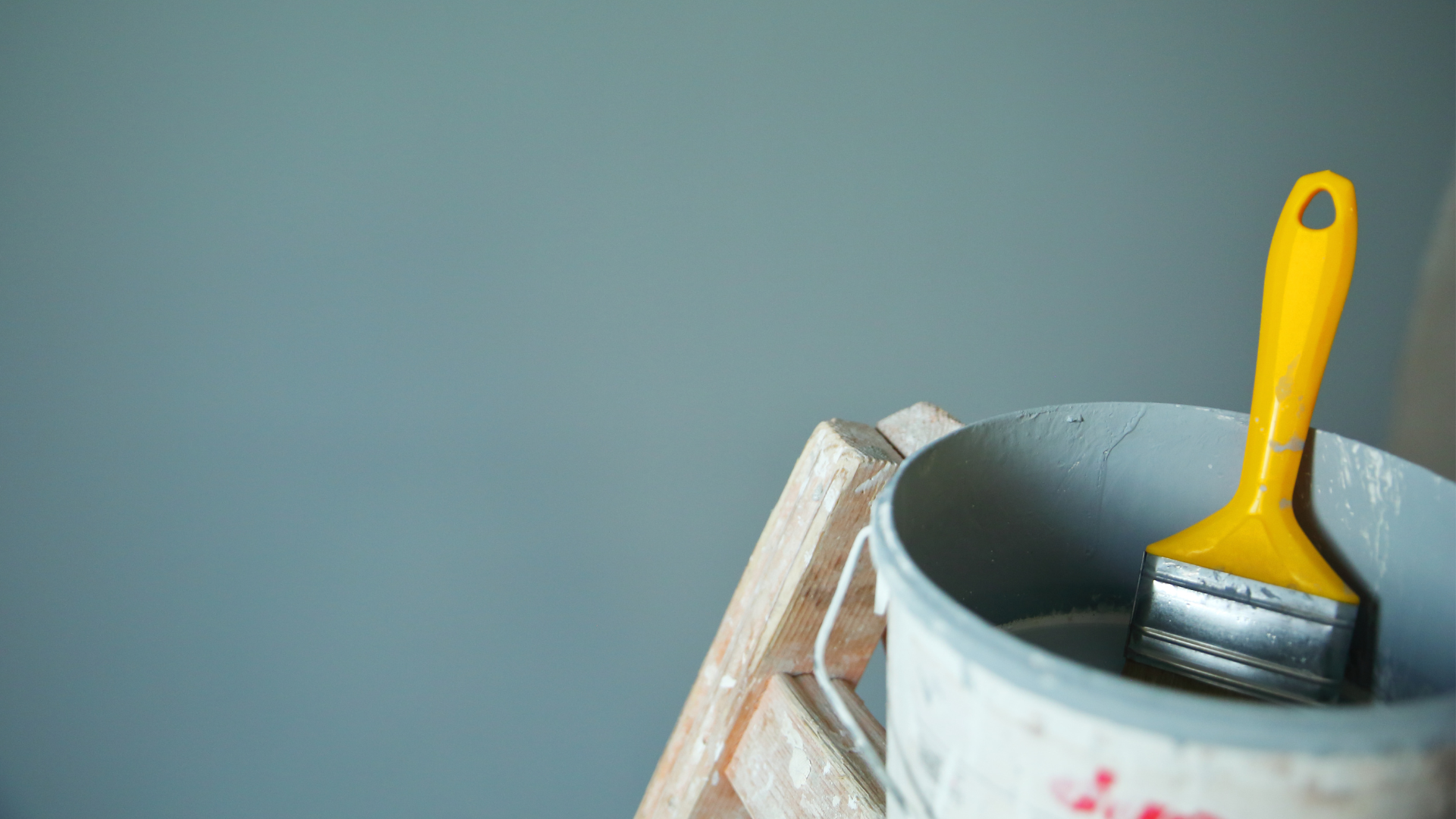What Can Be Taken Out of a Security Deposit?
When you're moving in/out of your apartment, it's important to understand what your landlord can take out of your security deposit.

When you're moving in/out of your apartment, it's important to understand what your landlord can take out of your security deposit. Security deposits are usually equal to one month's rent. Landlords can deduct from your security deposit if you didn't clean or if there was damage when you moved out.
The landlord can deduct any unpaid rent, utilities, and cleaning fees.
Your landlord can deduct any unpaid rent or utilities from your security deposit. The landlord can also deduct cleaning fees. Cleaning fees are usually charged for cleaning the whole apartment after a tenant moves out. In order to avoid this charge, you should leave your rental unit in good condition at the end of your stay.

Before moving in, you should walk through the apartment with your landlord and make a list of any damage that is already there.
Before moving in, you should walk through the apartment with your landlord and make a list of any damage that is already there. It's important to document this on paper, so don't rely solely on memory. If there are multiple problems or issues with the apartment when you move in, ask for them all to be fixed before signing the lease.
If there are no major issues after taking possession of an apartment, but damage does occur during your tenancy, it's important to document everything that happens while you live there (e.g., taking photos/videos). This will help protect yourself if something goes wrong later on down the line.
Otherwise, the landlord may deduct charges to repair the damage from your security deposit.
If you leave your apartment in good condition, the landlord may use your security deposit for other purposes. For example, if you leave behind a bunch of holes and dents in the walls from hanging posters or hardware from furniture, the landlord can deduct charges to repair these damages from your security deposit. The same applies if you damage a window screen or allow water to get into the walls (which can result in mold).
Sometimes, landlords will use a standard form for this purpose and give you a copy.
This can be helpful because it makes it more likely that you'll know what to expect when the time comes to return your security deposit.
Before you move in, it's a good idea to take photos or videos with your phone that document everything to help prove the existing damage was not your fault.
It's usually cheaper to fix things yourself, but it's important to make sure that you get approval from your landlord before making any repairs or alterations.
In most cases, the landlord can't deduct from your security deposit for normal wear and tear caused by normal use during occupancy. If you want to fix or improve something, like a fresh coat of paint on the walls, it is best to ask permission from the landlord first.

Painting, patching holes, and washing the walls can be deducted from your security deposit.
Painting, patching holes, and washing the walls are all services that the landlord can deduct from your security deposit. This brings us back to the previous point - ask your landlord before painting or making any other changes.
Read your lease carefully and make sure you document everything before move-in and afterwards.
We hope this article has helped you understand how security deposits work, as well as how to avoid losing your deposit when you move out.
We won’t help you paint your apartment, but we can help you find one.
Check out all apartments in Boston on the #1 trusted platform: Spot Easy.